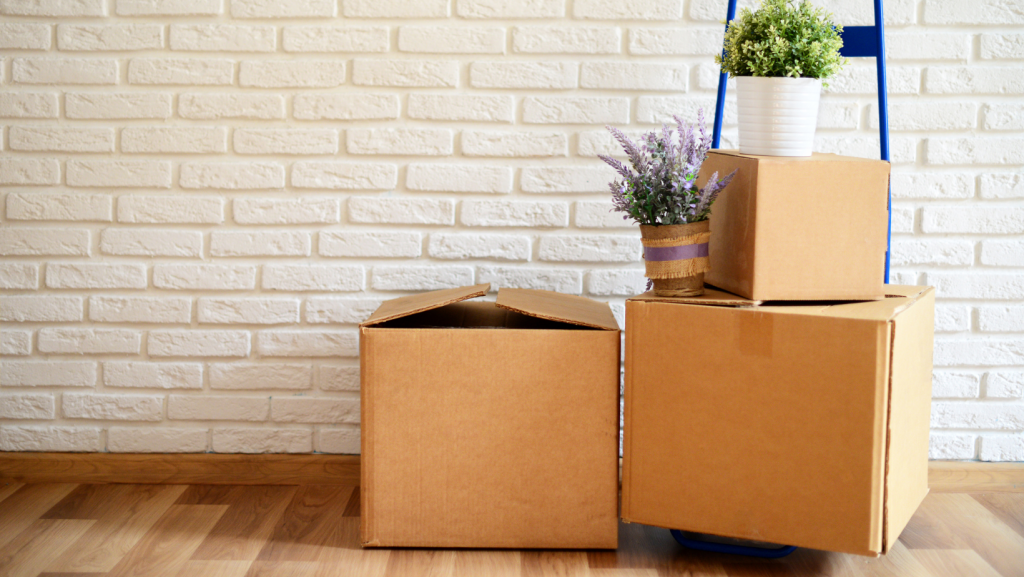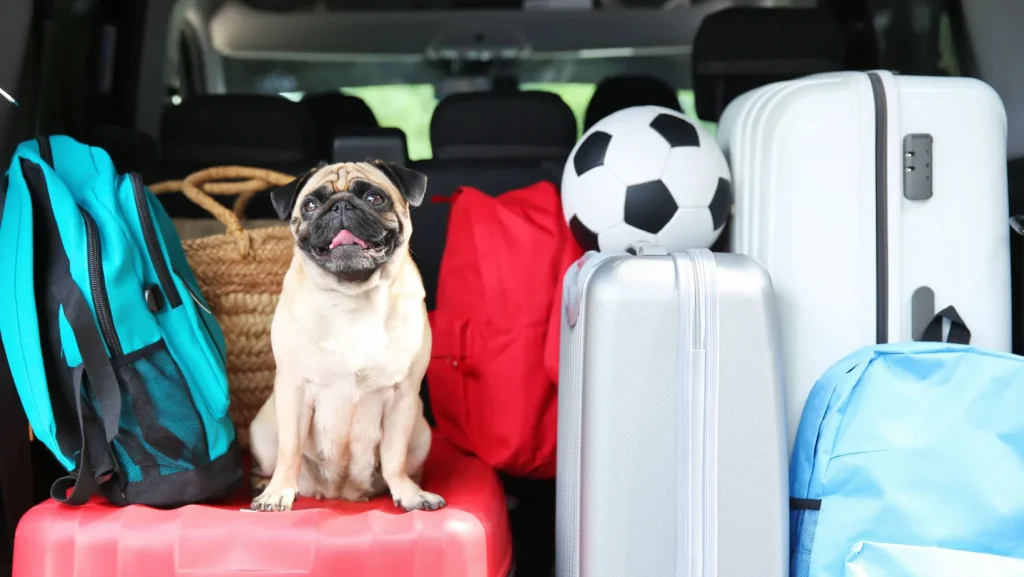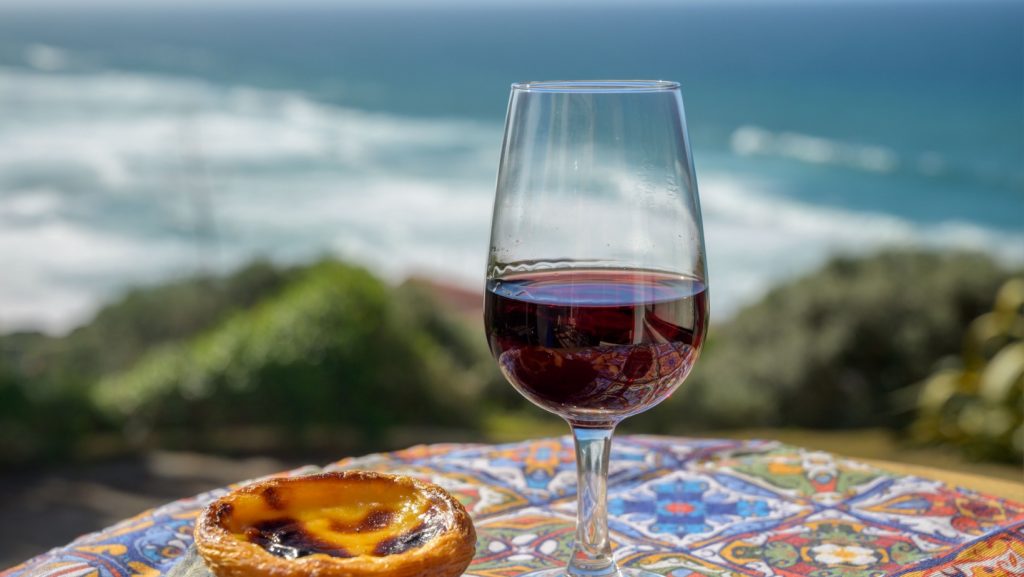When you’re planning, or even just considering, a move to another country, there are always questions — What kind of visa will I need? Can I afford it? Will I be able to learn the language? But when you’re LGBTQ, those questions come with a few very specific, very important extras. Because while great weather, low cost of living, and superior tacos are a great draw, you want to know you can live your life openly and safely in what you hope will be your new home country.
Mexico is a favorite destination for Americans, many of them LGBTQ, moving abroad. And every year, a significant number of LGBTQ tourists call it their home away from home. But those two experiences aren’t the same. Visitors who come for beaches and bottomless margaritas have a very different experience from the millions of people who live and work in the vibrant, bustling cities beyond the resort walls.
That can make it hard to find accurate information when you’re making a big decision. A lot of information available online is aimed at tourists, and personal anecdotes usually come from vacations, not time spent out in the community.
“I know a lot of gay people who to Cabo and Cancun, in the more tourist-heavy places,” says Jesse James Farrell, who moved to Mérida in 2020, “staying within the resorts.” Which gave him plenty of information about what gay life was like… within the resorts.
“I wanted to have a little more awareness of how open they were to the LGBTQ community,” he said, in Mexico in general and particularly in Mérida, where he planned to open a massage therapy practice. His research turned specifically to gay life there — the actual life that he, as a resident, would be living every day, and the big questions that can have the biggest impact.
1. Is it legal?
Yes.
Mexico legalized same-sex marriage nationwide in 2022, after a state-by-state journey that started in Mexico City all the way back in 2009. Adoption by same-sex couples is legal across the country at the federal level. Trans people can legally update their personal documents to reflect their gender identity in most (although not all) states, conversion therapy is banned, and federal law bans discrimination on the basis of sexual orientation and gender identity.
That “not all states” and “at the federal level” parts bear repeating – while more and more Mexican states are adopting sweeping policies supporting LGBTQ rights, others are taking longer to catch up. Sites like Equaldex can help you match your needs with their policies.
Mexico is also a signatory to international human rights treaties that protect LGTBQ rights, and its Supreme Court has issued a number of rulings protecting those rights. That said, laws are only as strong as the administrators that enforce them, and even with anti-discrimination laws on the books, some local authorities can be more responsive than others. On the whole, though, Mexican law is more affirming than even laws in many states in the U.S.
2, Is it welcoming?
Yes, in general, and very much so in many areas.
Obviously, laws don’t dictate public sentiment, and neighbors can be more or less welcoming than the laws that govern them. “I had a concern a lot of people have,” Jesse says, “it being more of a Catholic country.”
As uncomfortable as that might feel, it’s a valid concern, particularly for LGBTQ immigrants leaving U.S. states dominated by the religious right. Mexico is, in fact, predominantly Catholic, and some parts of the country lean socially conservative. As with any country, some areas are more welcoming to LGBTQ residents than others. But Jesse’s research into Mérida turned out that “not only was it a super-safe city — one of the safest — but also very gay-friendly, gay-welcoming,” he says. “It’s a very Catholic, conservative state, but still more open to the gay lifestyle.”
Kenny Upton, who moved to Nuevo Nayarit earlier this year, appreciates the ultimate level of welcoming: being completely unremarkable. No looking over his shoulder, no worry that people will treat him differently. “I am free to be who I am, as is my husband, and we go about our mundane existence without thinking twice that anyone even pays attention to us,” he says, “which is the safest and most secure feeling we can have as a gay couple living in Vallarta.”
3. Is there community?
Yes, and growing.
In making any move, legality and acceptance aren’t the only concerns. You want people you can identify with, connect with, celebrate with. Luckily, Mexico has a strong and growing LGBTQ community, for old residents and new. Across the country, you’ll find Pride celebrations, LGBTQ meetups and events, and queer-owned businesses that welcome, and are welcomed by, locals and newcomers. Mexico City actually has one of the largest Pride parades in Latin America every June, and Puerto Vallarta’s Zona Romántica turns into a gay pride block party every May.
“There’s a visible, growing community here, both locals and expats,” says Miles Villalobos Soto, who moved from her home city of Mexico City to La Paz in 2015. She notes parades, drag shows, film screenings, and cultural events organized by groups like La Paz es Diversa. “It’s an incredible welcoming and safe place to live.”
For his part, Jesse found not just community but also his future husband in Mérida. He first talked with Miguel Pavón Calva in 2021, and in January of 2023 — less than three months after same-sex marriage became legal nationwide in Mexico — they were joined in a sacred union by a traditional Mayan shaman, on the beach, surrounded by 50 of their closest loved ones from the U.S. and Mexico.
While no LGBTQ expat can be guaranteed their own Miguel, you can look to Facebook groups, Reddit threads, and even TikTok pages and YouTube channels that will help you find your people in nearly every part of the country. You can move to Mexico knowing you won’t just be legally protected but also embraced, affirmed, and surrounded by people who want you to be yourself, with them. And, ideally, with tacos.







